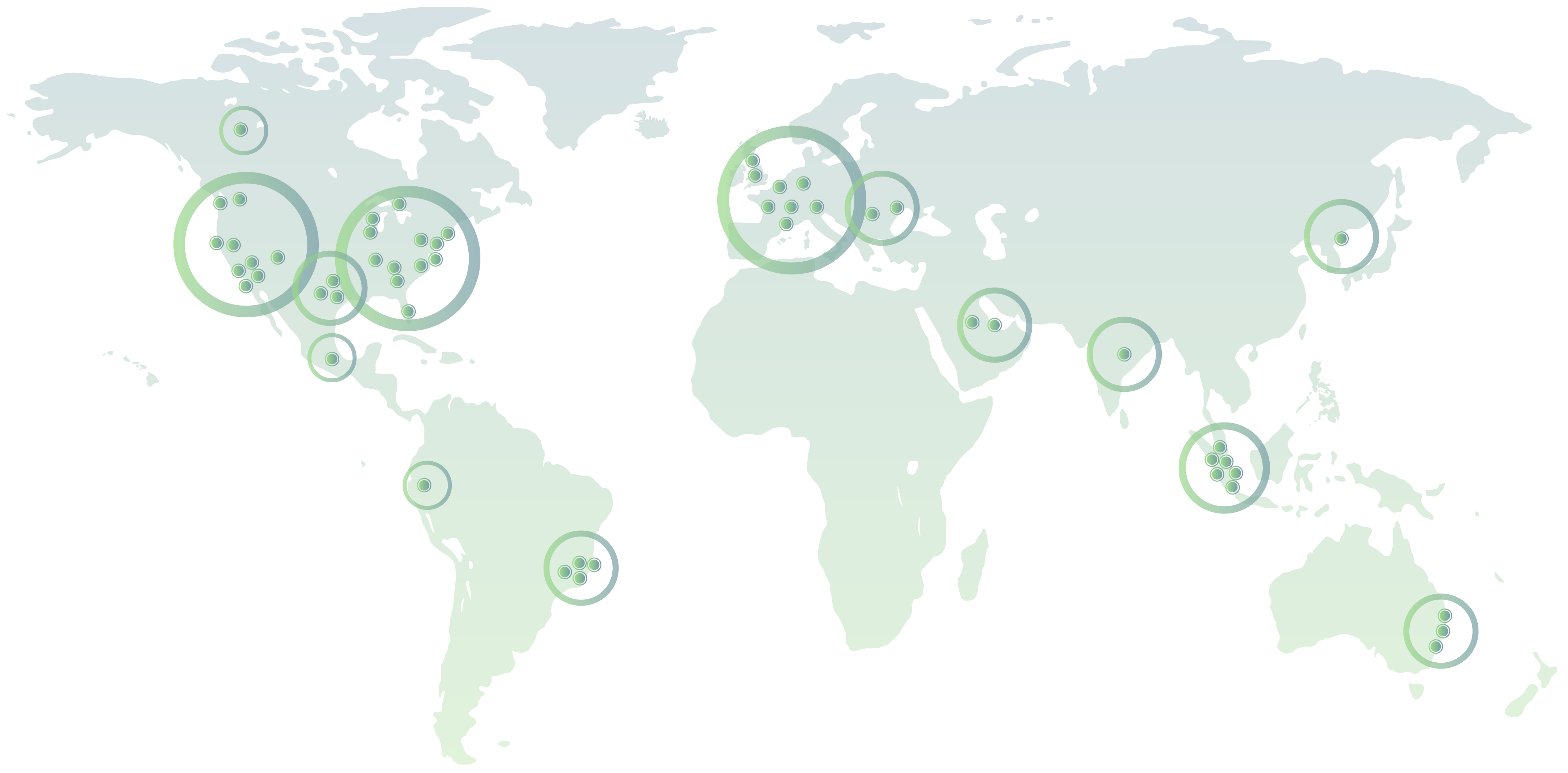.webp)
AI is here. Is your leadership team?
.webp)
The ability to implement artificial intelligence (AI) systems is no longer a bonus for your tech leadership team. It is a requirement across industries. In the healthcare space, the Chief Information or Chief Technology Officer (CIO or CTO) once primarily focused on maintaining IT infrastructure and implementing technology solutions. AI has fundamentally transformed these roles into custodians of data governance and architects of digital innovation strategies. For all its power, however, AI cannot work alone; it requires a new kind of strategist who can bridge artificial and human intelligence.
What Healthcare Tech Leadership Was
For years, the CIO chair was the entryway to the c-suite for IT professionals. As something of a super-head of IT, the CIO set IT strategy and oversaw implementation. While healthcare, medical devices, and health tech more broadly have specific regulatory requirements (e.g., HIPAA compliance), the purview of the CIO was largely related to servers, software, and digital infrastructure.
While a CTO could, and often does, have a broader scope than a CIO, the role has traditionally been reactive. Systems design, implementation, and maintenance are all still mission critical in health tech. Undue or outdated reliance on sector-specific knowledge, however, may be a roadblock to success.
What Healthcare Tech Leadership Is
The modern healthcare tech leader needs to be at the absolute leading edge of AI implementation. Playing catch-up means playing for second place. The skills that brought your organization from yesterday to today will not take it from today to tomorrow. Your next CIO or CTO must now possess:
- Technical Proficiency—Not only is proficiency required in the maintenance of legacy systems and infrastructure, but leaders must now possess a strong foundation in AI and machine learning. The best leaders will be those who have deployed sophisticated AI systems at scale.
- Strategic Vision—Prospective leaders must demonstrate their ability to align AI initiatives with organizational goals, ensuring that technology adoption translates into tangible improvements in patient care and/or operation efficiency.
- Change Management Skills—AI integrations necessitate organizational change. Effective leaders should be adept at managing transitions from legacy to AI-enabled systems, addressing stakeholder concerns, and fostering a culture receptive to innovation.
- Ethical Considerations—Both AI and healthcare come with very specific ethical considerations. Bias mitigation can be problematic within large language models (LLMs) which power much of generative AI. Equitable access to healthcare, patient privacy rights, and other considerations continue to guide healthcare decision-making.
The new tech leader must move quickly to determine an organization’s posture towards AI adoption, then cascade that decision appropriately throughout the organization. They must fundamentally reimagine the technology function, focusing on quickly building the infrastructure to develop and implement AI solutions. In cooperation with the rest of the executive team, they must evaluate the new risk landscape that AI brings, determining what the organization’s overall risk tolerance can be.
Getting the Best Leaders
Healthcare is undeniably a unique space, subject to regulatory and public opinion pressures. Domain experience cannot ever be overlooked as a necessary component of the successful tech leader’s background. Does it, however, remain the number one priority?
Consider that there are competing requirements for an excellent tech leader in healthcare. Domain expertise is absolutely one of them. AI expertise—the proven ability to stand up and scale AI enhancements—must be another. Savvy organizations are realizing that they need to be open to an AI expert learning the particulars of the domain as much as they are open to a domain expert learning AI. Holding too fast to either option, whether domain-first or AI-first, risks overlooking the talented leaders who might propel your organization to a new level of productivity.
The ideal new tech leader must bridge the divide between acquisition and nurturing. That is, they must be at ease both in the trenches of the tech—detailing performance metrics, scaling the tech, stress-testing solutions, and anticipating disaster response—and as an accessible leader, focused on organizational health, talent acquisition, culture-building, and cooperation with the broader executive leadership team.
AI is Here. Is Your Leadership Team?
From drug discovery to patient care, AI—generative, classical, or next-gen—is already embedded in the healthcare tech ecosystem. While it poses new and unique regulatory and ethical complications, the technology is going to stay. The question for every organization in healthcare is how to meet the challenge.
The meteoric rise and lightning-fast adoption of generative AI has disrupted operations in every industry; healthcare is no exception. Organizations need to adapt, whether that means up skilling their current technology leaders or finding new talent. The new head of technology needs to bridge both the technical expertise to comprehend the capacities and limitations of AI and also possess the strategic mindset to plan for the future evolution of AI. This new leader is the bridge between artificial and human intelligence. Having the right person in place will be a key to success.
Meet the Author



